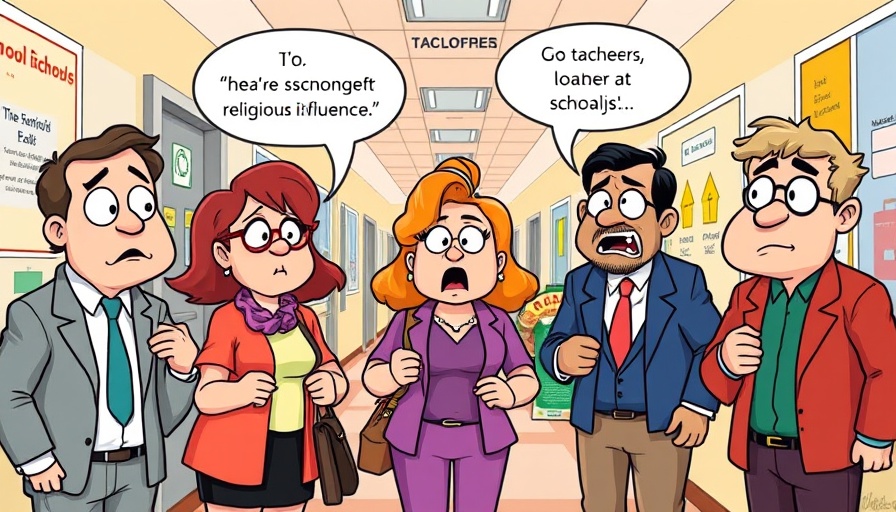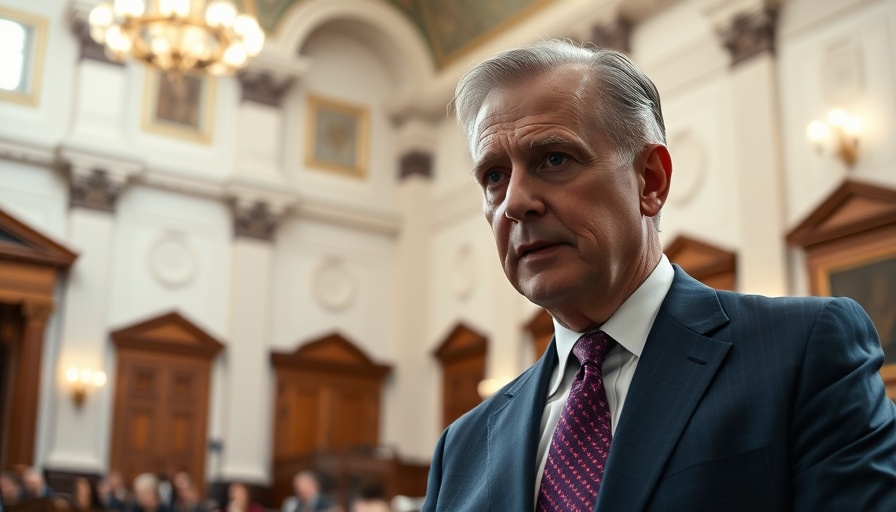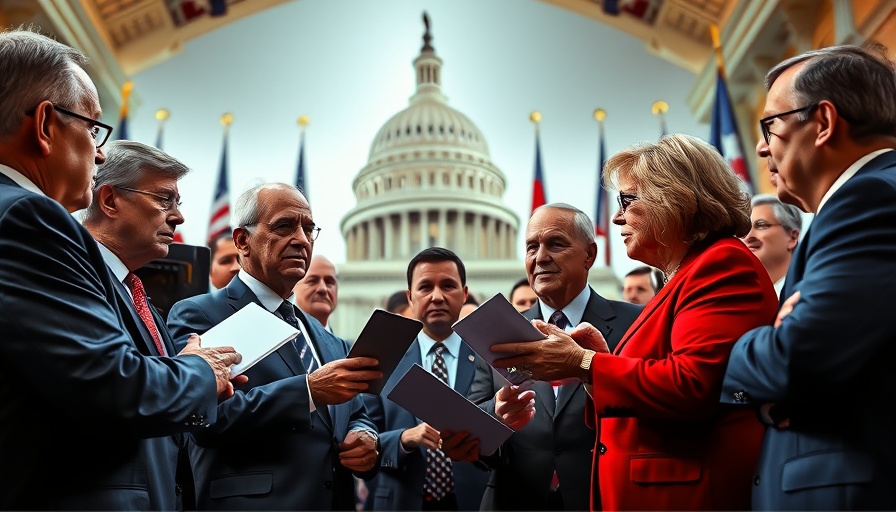
Examining the Intersection of Faith and Education in Texas
In the rapidly changing landscape of American education, Texas stands out as a battleground for religious influence in schools. As debates swirl around school vouchers, curriculum content, and the presence of religion in public education, the Lone Star State has found itself at the center of national discussions. This intersection raises critical questions about the implications of intertwining faith with education and how it shapes young minds.
Understanding Texas's Unique Religious Landscape
Texas is home to diverse religious beliefs, ranging from Christianity to Islam, Judaism, and beyond. This pluralism presents both opportunities and challenges as schools attempt to serve students from various backgrounds. The emphasis on religious teachings often leads to conflicts regarding what constitutes "appropriate" curriculum material. Pushing specific doctrines can alienate students of differing faiths, as well as those who identify as agnostic or atheist. Understanding this context is crucial as we explore education policies and their social ramifications.
The Rise of School Vouchers: A Controversial Proposition
School vouchers have emerged as a prominent issue in Texas, promoting the idea that parents should have the right to choose where their children attend school. Proponents argue that vouchers empower families to seek education options that align more closely with their values, including religious education. However, as evidenced by various debates, this approach is not without controversy. Opponents warn that such policies may funnel public money into private religious schools, effectively blurring the lines between church and state and undermining public education.
Impact on Public Education: Teachers and Students Speak Out
Teachers across Texas are at the frontline of this battle, and many express concern about the growing influence of religion in scholastic environments. A recent survey indicated that over 70% of teachers oppose the inclusion of religious materials in public school curricula. These educators argue that cultivating an inclusive learning environment should remain paramount, allowing all students to thrive regardless of their backgrounds. The emotional toll on students navigating this complex terrain is profound, as they may feel marginalized or pressured to conform to dominating ideologies.
Future Trends: The Ongoing Debate Over Religion in Schools
As Texas moves forward, the ongoing debate over religion in schools is likely to evolve. Currently, legislative proposals on both sides of the aisle continue to complicate the conversation. With the potential for legal challenges ahead, we may witness court rulings that could redefine the parameters of religious expression in public schools. Social movements advocating for secular education will likely gain momentum, pushing back against models that favor distinct religious teachings.
Creating Awareness and Advocacy: What Can You Do?
For concerned citizens and parents, staying informed is a crucial first step. Understanding local policies and school board decisions can empower individuals to advocate for changes that align with their beliefs about education and inclusivity. Engaging in community discussions, attending school board meetings, and even reaching out to local representatives can amplify voices seeking to ensure that education remains accessible and free from overwhelming religious influence. The time to act is now, as the stakes have never been higher in preserving the integrity of public education.
Conclusion: A Path Forward
This crucial dialogue around religion in Texas schools urges all stakeholders to reflect on their values for the next generation. As the debate continues, it serves as a reminder that education should foster respect, understanding, and harmony among diverse beliefs. Engaging in constructive conversation and advocating for inclusive policies is essential as we navigate this complex landscape together.
 Add Row
Add Row  Add
Add 




 Add Row
Add Row  Add
Add 


Write A Comment